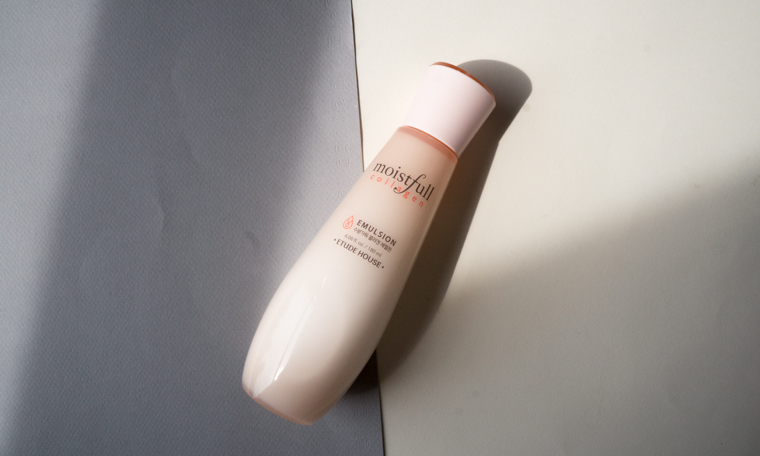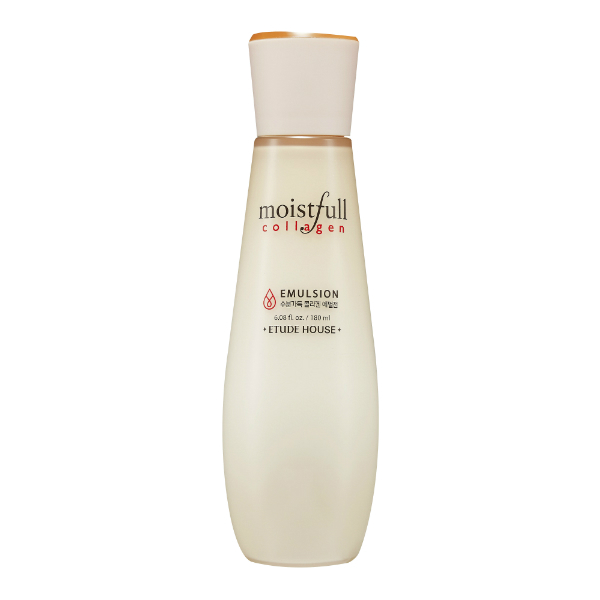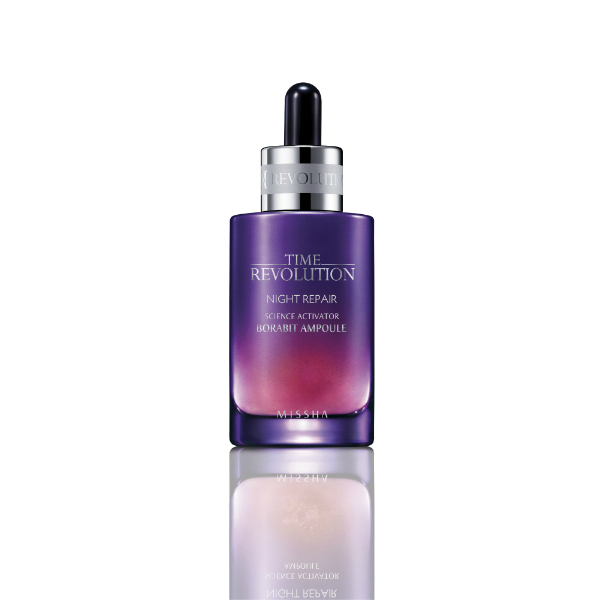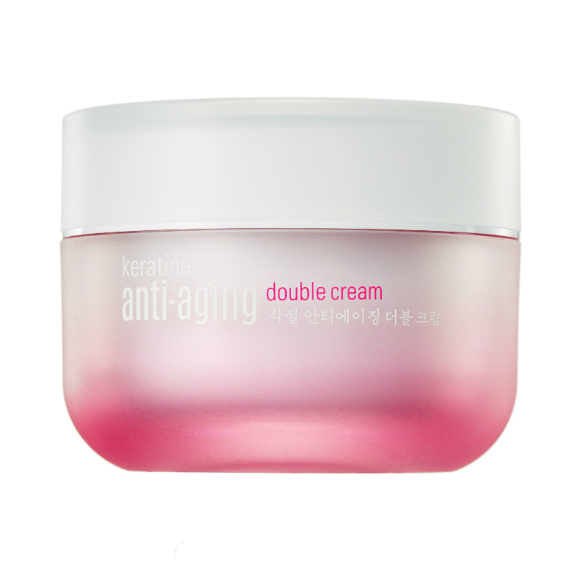Life comes at you fast. Just when you thought you figured out your skin type, we’re here to tell you that—actually—your skin type changes as you age. Learn why below.
Most of us are used to a certain amount of fluctuation in our skin needs; the weather, medications, even the things we eat can affect how our skin looks and feels. But there’s one other major factor that plays into how your skin behaves, and why your tried and true regimen may suddenly seem to stop working: age.
Obviously, as we all know, age can affect your skin: Millions of skin creams and treatments have been dedicated over the years to fighting back against the symptoms of skin changes that come with age. But understanding the specific changes your skin is going through as you grow older can be the key to getting out in front of signs of aging like wrinkles.
“Aging skin changes are caused by both extrinsic and intrinsic factors,” explains dermatologist Annie Chiu. “Extrinsic factors include sun exposure, pollution, and smoke, while intrinsic factors include things like changing hormones, natural slowing down of certain skin cells, down to the cellular level. They turn over slower and collagen synthesis slows.” Since collagen is a major building block of skin and a big part of what keeps it plump, springy and all of those other descriptors we associate with youthfulness, sluggish collagen production takes a hefty dose of the blame when it comes to the development of fine lines and wrinkles.
Cell turnover and adult acne:
Wrinkles aren’t the only effect of limited cell turnover, though. While it seems unfair to have to deal with concerns about wrinkles and acne at the same time, slow cell turnover can leave you with exactly that. You see, oil is often thought of as suspect number one when it comes to breakouts, but all pimples really start with pores that get blocked by dead skin cells that don’t get sloughed away as quickly as they should.
That blockage, combined with dirt and oil, creates an environment that’s perfect for bacteria to grow and feed, leading to inflammation, swelling, and, ugh, pus. For that reason, the slowing of cell turnover can make actually make acne more prevalent for some people moving into their 30s and 40s. However, many of the acne-fighting techniques we learned as teens can be too overwhelming for older skin.
Before you hit puberty you probably didn’t spend much time thinking about your skin, then, seemingly overnight, your body changed, bringing the joys of acne and way more skin oil than you’d probably ever had before. As you age, that process begins to reverse, leaving you with less active oil glands and, in turn, skin that has a harder time standing up against spot treatments like drying benzoyl peroxide or exfoliating salicylic acid, which can lead to redness and flaking.
This is why your best bet to prevent acne in your older years is to exfoliate regularly—just make sure you don’t over-exfoliate.
Everyone’s skin changes as they get older:
Even if acne doesn’t present a problem for you as you get older, switching up your skin care can be vital to getting you glowiest, most youthful complexion. “I often see people using the same moisturizer from their early 20s. Even by the age of 30, these products need to be re-evaluated as more hydration and ingredients that help in collagen synthesis may be needed,” says Chiu.
So how do you know when it’s time to switch things up? Uneven color (think: dark spots), fine lines, uneven texture, and crepiness are all signs that it’s time to make a change.
Products that will increase cell turnover:
The good news is that you don’t need to use a dozen different products to corral your changing skin needs. Since skin cell turnover is a culprit in both wrinkles and acne, look for products that speed up your skin’s natural clearing process, like the retinol-charged Missha Time Revolution Night Repair New Science Activator Ampoule or the papaya and strawberry extracts in the Goodal Keratina Anti-Aging Double Cream to keep your skin clear and smooth.
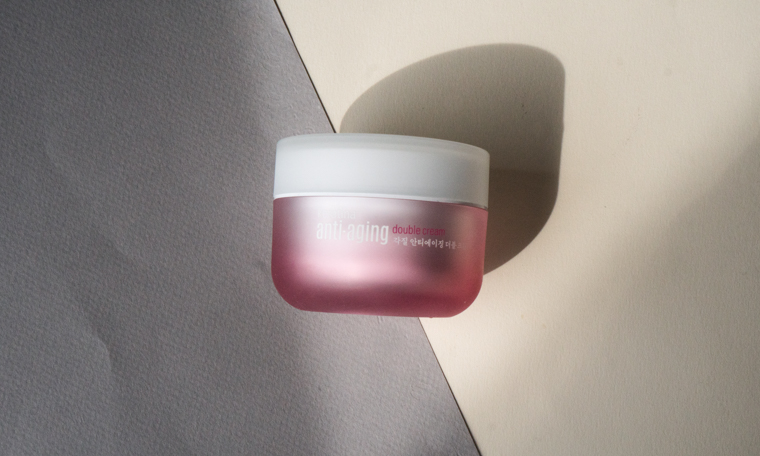
To add plumpness that will combat crepey skin as well as keep skin pliable and resilient, opt for hydrating formulas that will help with skin firmness, like the Cosrx Hyaluronic Acid Intensive Cream which uses humectant hyaluronic acid to boost skin’s moisture level, or the Etude House Moistfull Collagen Emulsion to infuse skin with that all-important collagen.
